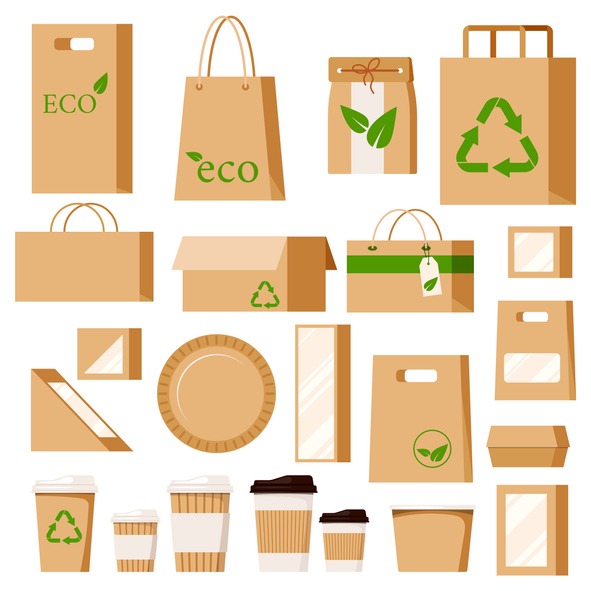
With plastic waste concerns on the rise, the significance of sustainable fundraising methods is growing, especially for school business leaders looking to make a positive environmental impact
CREDIT: This is an edited version of an article that originally appeared on FundEd
Plastic waste is a growing concern worldwide, and schools are no exception. While awareness of the environmental impact of plastic is increasing, it still finds its way into school events, from cups and plates to prizes and packaging. As a school business leader, you can lead the way in making fundraising more eco-friendly.
Investing in reusables
One effective approach is investing in reusable items, which offer better long-term value compared to single-use alternatives. While this may involve more washing up, it significantly reduces litter at school events. Consider acquiring crockery and cutlery, seeking donations from local businesses, or hosting a crockery amnesty. When purchasing reusable glasses, opt for sturdy or glass-free options to prevent breakages.
Revamping the tuck shop
The traditional ‘tuck shop’ often relies on plastic-packaged snacks. An alternative is buying sweets in bulk and creating a pick ‘n’ mix station or preparing paper bags of sweets. However, note that this approach lacks nutritional information and allergy advice. Alternatively, research packaging that is recyclable and provides a disposal point for attendees.
Going for compostable cutlery
While paper plates may seem like a good choice, they aren’t recyclable once used due to food and grease bonding with the paper fibers. Companies like Vegware offer entirely compostable catering disposables made from renewable or recycled materials. From hot or cold drink cups to takeaway food packaging, these products can be recycled along with food waste.
Eco-friendly prizes
When it comes to prizes, aim to avoid plastic or opt for high-quality items that won’t break quickly. Consider options like packets of seeds, seedlings, books, art supplies, stationery, games, traditional toys, raisins, or homemade seed bombs. You can also introduce a token stall system where players win tokens to exchange for prizes, promoting longer fair attendance.
Encouraging BYO
To reduce plastic waste, encourage attendees to bring their cups to events. Offer incentives such as discounts for those with their cups and impose a penalty for those without, following a similar model used by many coffee shops.
Second-hand sale
One person’s unwanted items can become another’s treasure. Organise a second-hand sale by categorising items like books, toys, bric-a-brac, men’s, ladies’, and children’s clothing. Price the goods or provide suggested donations, and extend the initiative to the local community by placing collection boxes in the library and doctor’s surgery.
Recycling schemes
Popular recycling schemes include ink cartridges, textiles, DVDs, and gadgets. Register with your chosen scheme, set up collection points, and promote the initiative in advance. Encourage parents and the local community to participate by depositing unwanted items.
Plastic-free tombola
Instead of using plastic cups, opt for biodegradable alternatives like brown paper bags or donated jam jars for your tombola game. This eco-friendly approach reduces plastic waste while preserving the fundraising tradition.
Virtual balloon race
Traditional balloon races can have a detrimental impact on the environment, as balloons often end up littering the landscape. Consider hosting a virtual balloon race through platforms like Ecoracing, which uses real weather data to simulate balloon flight paths, without the environmental consequences.
Swishing for a sustainable future
Give old clothes a second chance with a swishing event where participants swap clothing items. Ensure all items are clean and in good condition. Charge an admission fee and invite external stallholders to join, creating a vibrant event that supports sustainability.
By incorporating these eco-friendly strategies into your school’s fundraising efforts, you can help to reduce plastic waste and create a greener future for your community.



Be the first to comment